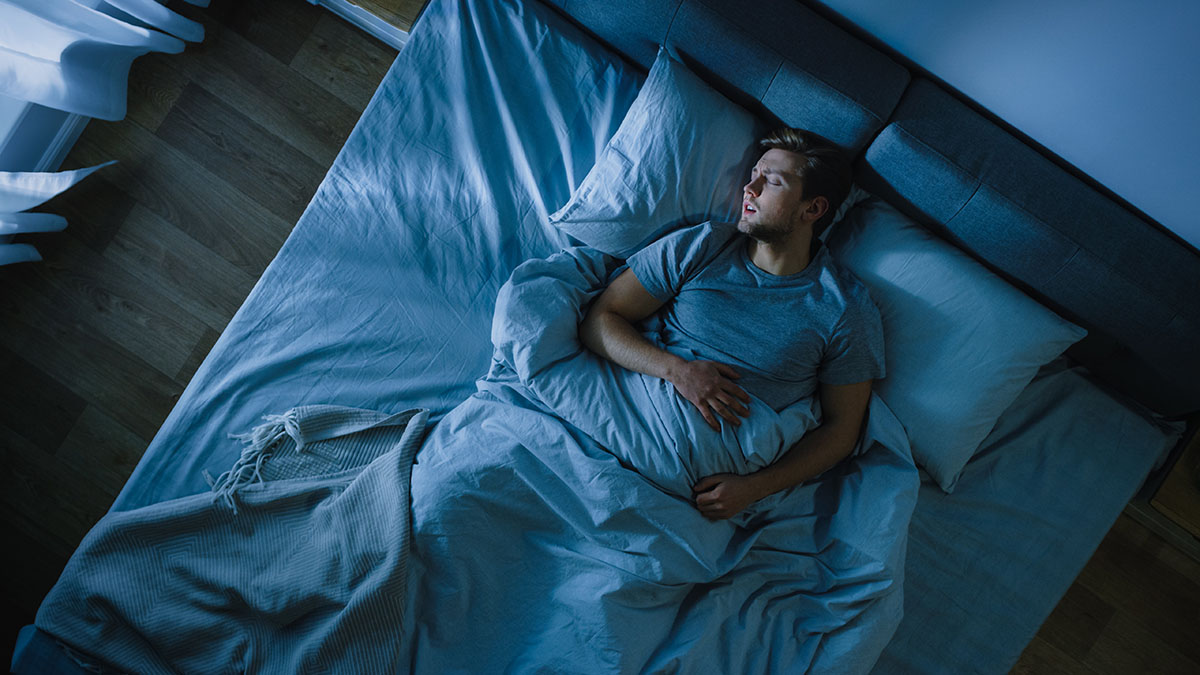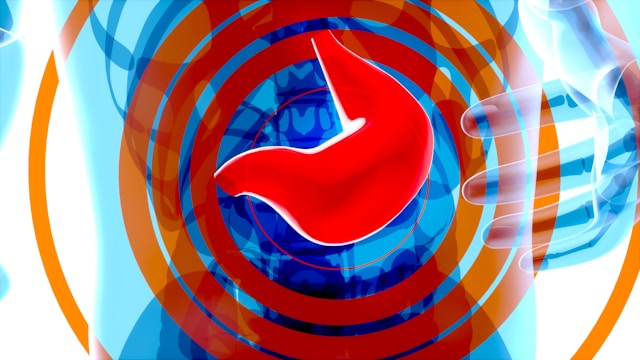March 26-30, 2012 marked the 10th Annual LGBT Health Awareness Week. It is a call to action for the community, activists, service providers and government officials to recognize the need for social justice which includes quality, unbiased healthcare for the LGBT community. Mental health and substance abuse treatment facilities provide a crucial aspect of comprehensive healthcare for this demographic.
The composition of the LGBT community is far from homogeneous. Each segment of this demographic has its own needs and problems and within each segment exists a diverse group of individuals. Sadly, the LGBT community still faces serious bias when seeking healthcare. This article addresses the challenges and needs of LGBT individuals who are seeking addiction treatment and dual diagnosis programs. In 2011, the Joint Commission, a nonprofit association that provides accreditation and certification to healthcare providers, published their field guide: “Advancing Effective Communication, Cultural Competence, and Patient-and Family-Centered Care for the Lesbian, Gay, Bisexual, and Transgender (LGBT) Community.” This guide mentions disparities between the LGBT community and overall community in health care concerns, quality, and access.
Such disparities include:
- Less access to insurance and healthcare services.
- Lower overall health status.
- Higher rates of smoking, alcoholism and substance abuse.
- Higher risk for mental health illnesses.
- Higher rates of sexually transmitted diseases.
- Delayed or substandard care.
- Inequitable policies and practices.
- Inappropriate restrictions or limits on visitations.
(source: http://www.jointcommission.org/assets/1/18/LGBTFieldGuide.pdf) Individuals suffering from substance use disorders and dual diagnosis disorders, a coexisting mental health disorder and drug or alcohol addiction, cannot recover if their lives are based on secrets. In fact, secrets are an underlying cause of substance disorders. In the case of the LGBT community, substandard care and mistreatment can make it difficult for an addict to be open and honest about issues such as shame, guilt and disappointment. That is why a LGBT friendly drug rehab is the best choice for recovery.
Signs of a LGBT Friendly Addiction Treatment Program
There are several factors that will indicate a treatment facility’s approach to treating LGBT individuals respectfully and fairly. Some of these are:
- Visible signs indicating LGBT friendliness.
- Clearly posted non-discrimination policies and patients’ bills of rights.
- Readily available reading materials that include LGBT relevant topics.
- Single or unisex bathrooms.
- Fair and equal visitation rights.
- Environment in which all families can freely express love and concern.
- Staff who avoid assumptions about sexual orientation and gender identity.
- Forms containing gender-neutral language.
- Staff who are updated on the latest information concerning LGBT health topics.
- Assurance that disclosure of sexual orientation is voluntary.
- Protection of LGBT data as well as feedback from LGBT patients and families.
(source: adapted from http://www.jointcommission.org/assets/1/18/LGBTFieldGuide.pdf)
5 Indicators of Healthcare Provider and Employee LGBT Competence
- Diversity, harassment and antidiscrimination training on LGBT issues.
- Comprehensive, ongoing training to address health issues and needs specific to the LBGT community.
- Development of a comprehensive resource list, including health referrals, sober social activities and recovery-related meetings.
- Written confidentiality policies ensuring security of patient data and fully disclosing how and when it will be used.
- Training for all case management and direct care stay on LGBT cultural issues.
- Ensure confidentiality of patient data including sexual orientation and gender identity issues.
- Absence of requirement to designate sexual orientation and gender identity in patient forms and records.
7 Crucial Components of LGBT Friendly Addiction Treatment Programs
- Individual treatment sessions
- Group therapy
- Educational lectures
- Family therapy
- Varied therapeutic approaches
- Stress management
- Self-esteem therapy
- Self defeating behavior therapy
- Journaling therapy
- Grief therapy
- Treatment goal group
- Coping skills group
- Leisure wellness groups
- Relationship workshops
- Relapse prevention
- Medication management
A comprehensive approach to substance abuse disorders is important to building a strong foundation for recovery. This must be done in a safe and supportive environment in order for a patient to halt substance abuse and manage mental health disorders. Shame, cultural environments, primary and secondary relationships and boundaries must all be addressed in order to handle triggers, stressors and cravings that occur in a patient’s daily life after addiction treatment. Without fully addressing an addict’s emotional, psychological and physical problems, his or her risk of using again is greatly increased.




